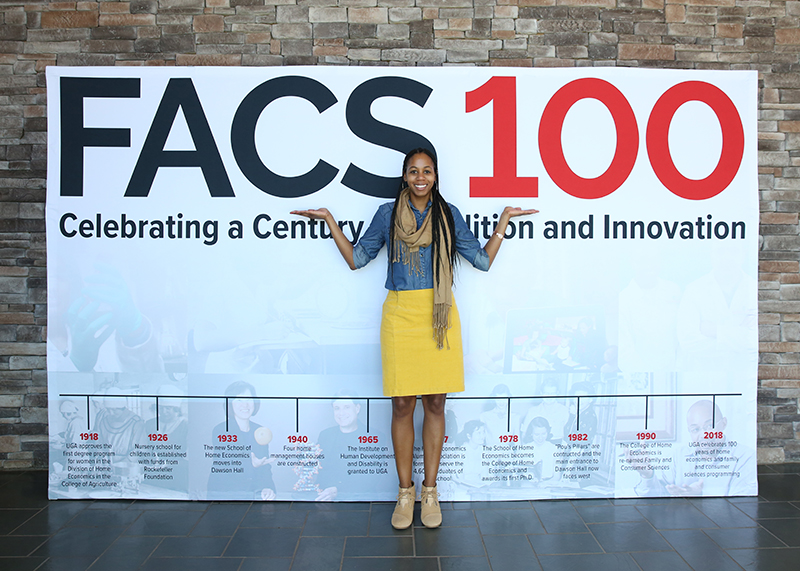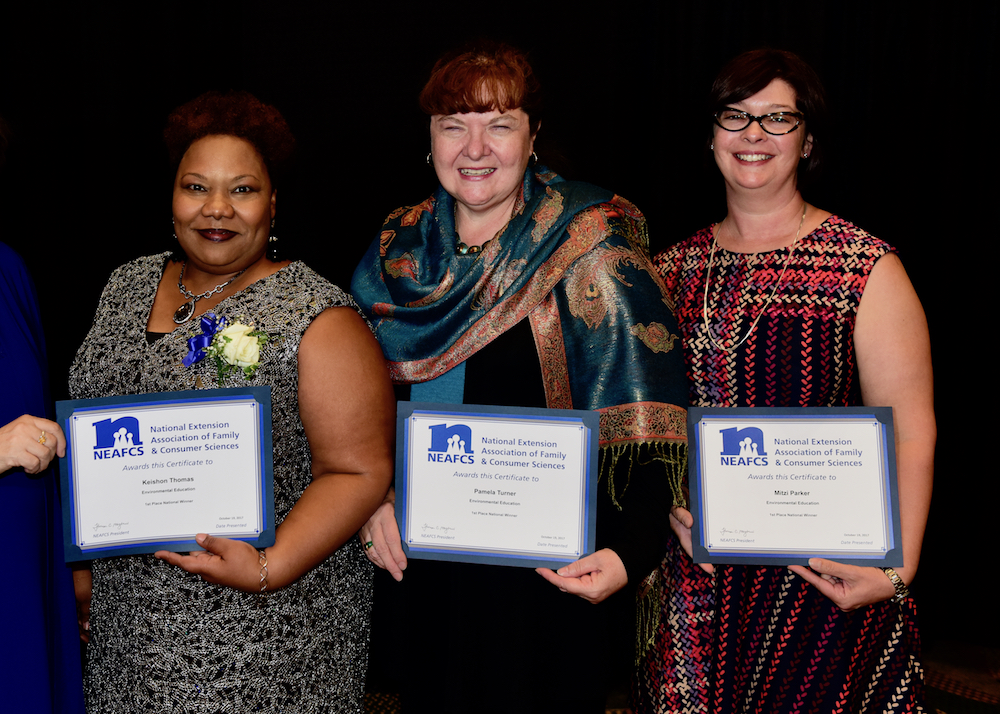 CAES News
CAES News
Indoor Pollen
Are your sinuses clogged? Do you feel like you are walking in a sea of yellow dust? Have you washed your car three times this week? Welcome to pollen season in Georgia.






